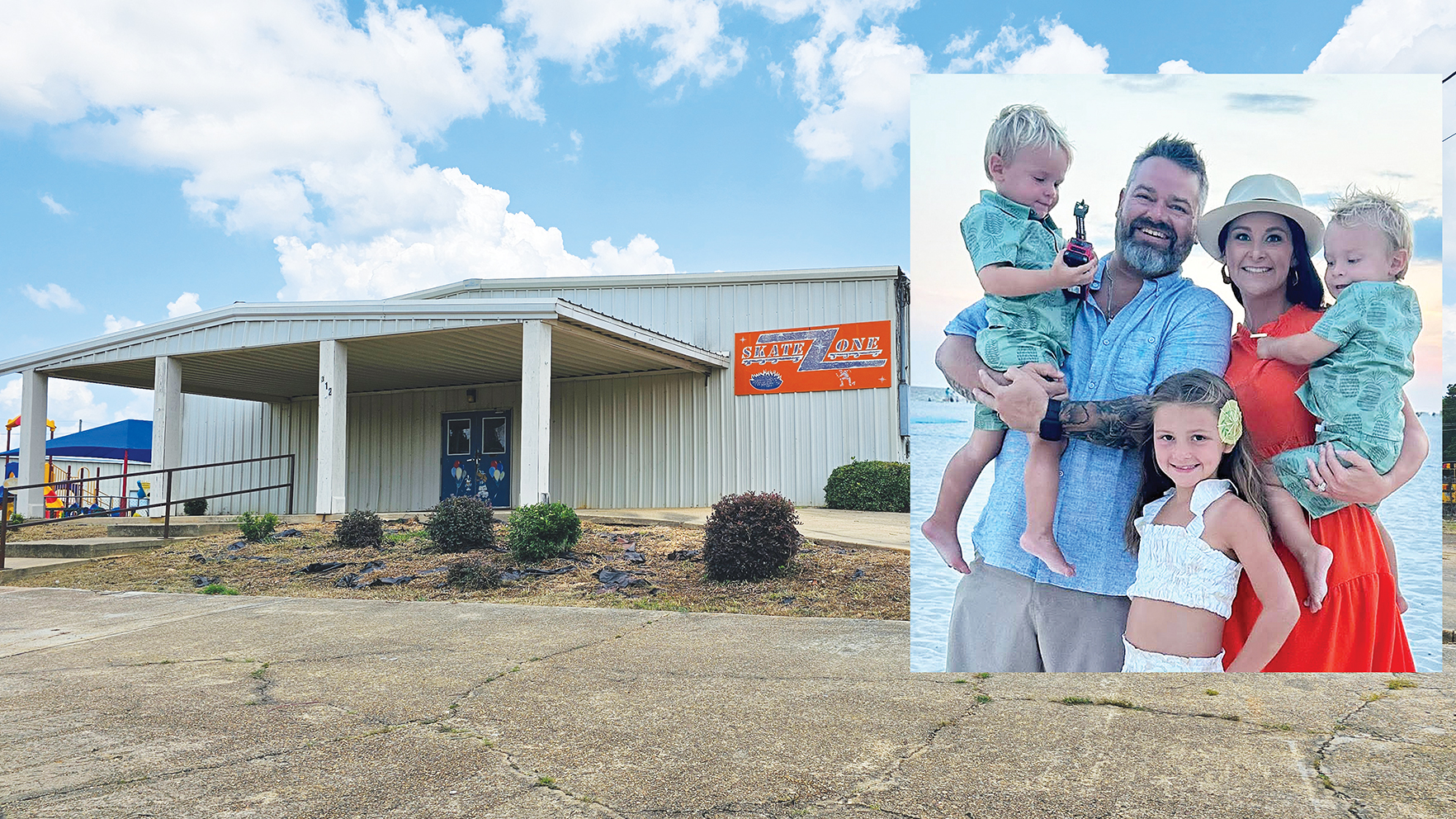Candidates are not talking about neglect of the mentally ill
Published 7:18 pm Wednesday, October 16, 2019
The 2019 Mississippi general election is less than three weeks away and politicians are talking about a plethora of issues, but there no serious discussion of one of the state’s entrenched and shameful realities — the banishment of far too many of the state’s mentally ill to jail cells.
A 2017 Treatment Advocacy Center report revealed: “In 2016, nearly 400,000 inmates in U.S. jails and prisons were estimated to have a mental health condition. Of those inmates, an estimated 90,000 were defendants who had been arrested and jailed but had not come to trial because they were too disordered to understand the charges on which they were detained.”
Over the course of 2016 and 2017, Mississippi lawmakers cut a total of $18.3 million from the State Department of Mental Health. But the problem is more pronounced than that in Mississippi. Over the four decades I’ve covered news in the state, Mississippi jails mental patients in many cases for little more than getting off their meds or simply for the “crime” of being mentally ill. The state’s history in terms of providing treatment beds for the mentally ill to assist them in avoiding the dangerous and inhumane practice of jailing them has been checkered at best.
Trending
Without treatment beds, jail is the alternative.
Neither Democrats nor Republicans can claim any political high ground on this issue. Leaders in both parties have failed to substantially address the issue. Since the GOP is in power in state government now, what little discussion we’ve had about mental health issues in the 2019 campaign has centered on GOP budget cuts. Blaming Republicans for neglect of the mentally ill in the state defies both logic and history. Bo parties share responsibility.
In 1999, when Democrats ran the show in the Legislature and in the Governor’s Mansion. the Legislature issued $20 million in bonds to build seven mental health crisis centers.
The first center opened in Corinth in 2001 and for a time had all 16 beds available for use. But five other centers in the Delta and central Mississippi, open since 2004, only had funding for eight of 16 beds available for patients. After constructing the crisis mental health centers, the Legislature failed to appropriate operating funds for the facilities until a newspaper investigation of the closed facilities was published in the spring of 2004.
Lawmakers agreed after public protest in the 2004 regular session to fund the seven centers around the state with $12.5 million, enough to run them at half capacity. Five mental health crisis centers were funded for half operations in September 2004 — Cleveland, Newton, Grenada, Laurel and Batesville.
In 2006, the Legislature provided “full funding” for the crisis centers. For another $10 million, state taxpayers built the 48-bed Specialized Treatment Facility for juvenile court-committed mental patients in Gulfport. By 2009, the state closed six of the seven crisis mental health centers before the shine was off the tile floors of the new buildings. Budget problems, he argued. The mentally ill don’t fare well at the Capitol when economic times are hard. Didn’t then, don’t now.
Trending
The relatives of wealthy, well-connected mentally ill patients won’t be incarcerated in county jail cells. They’ll be placed in private treatment facilities without going through the county commitment process necessary for the poor to receive state mental health hospital treatment.
But relatives of the poor and the powerless in this state are being thrown in county jails to rot until a bed space opens in one of the state mental hospitals.
One would think that the same logic that would make it seem like a good idea to lock a mentally ill person in a county jail cell would lead that same person to conclude that it’s also smart to lock a skin cancer victim inside a tanning bed.
The mentally ill in Mississippi deserve better.
Sid Salter is a syndicated columnist. Contact him at sidsalter@sidsalter.com.





